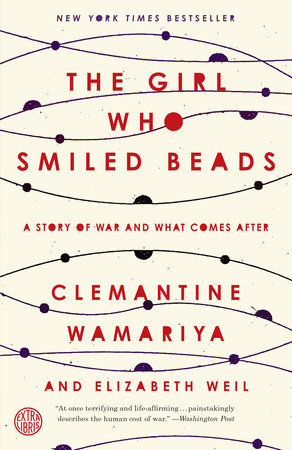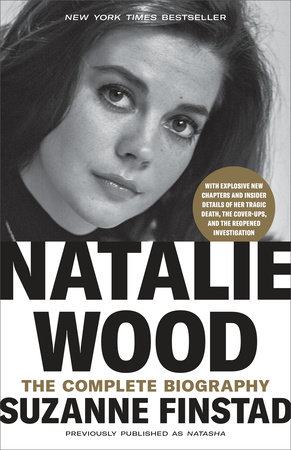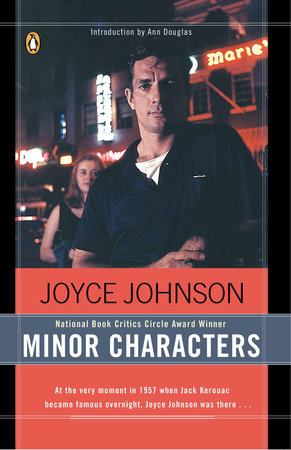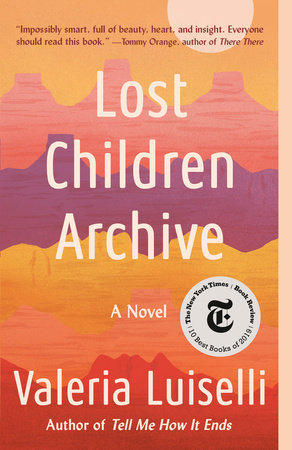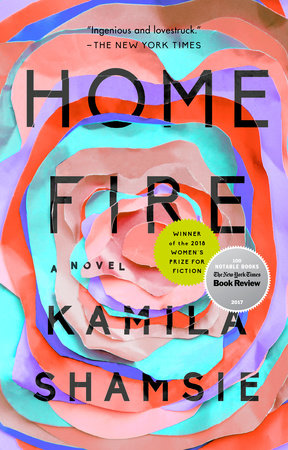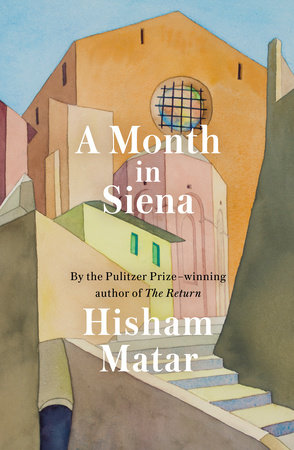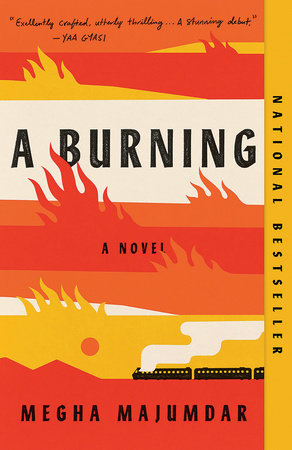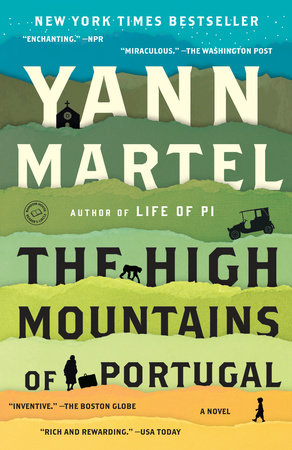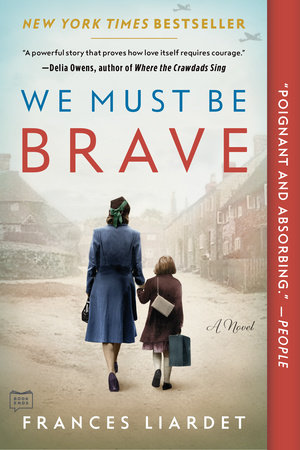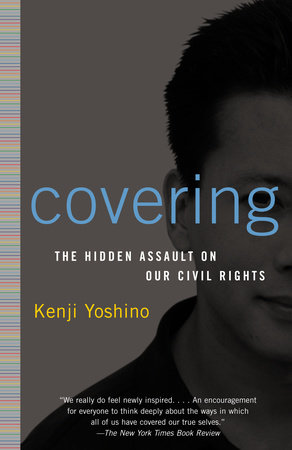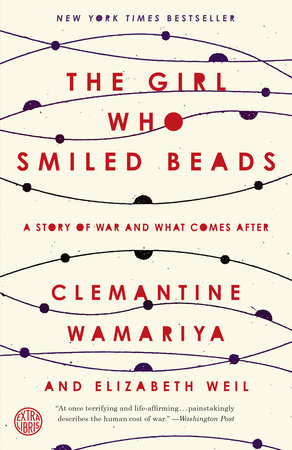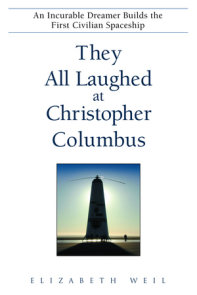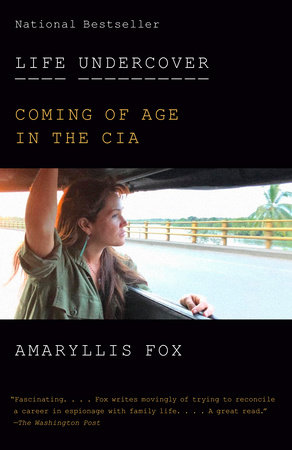Author Q&A
A Conversation with Clemantine Wamariya
In 1994, when you were six years old, you and your fifteen-year-old sister had to flee Rwanda very suddenly, carrying almost nothing. How did you get from that moment to where you are now?
It’s taken a lot of years for me to learn how to share my story. It’s painful, still, for me to go back to that day. My sister and I had been sent to our grandmother’s house to keep us safe because the civil war in Rwanda had moved to a new level and soldiers were beginning to massacre people. One day there was a knock on the door and our grandmother motioned for us to run out the back toward a sweet potato field. We never saw our home again. From that point on, the world fell away and nothing made sense. Over the next six years we wandered through seven different African countries, through hunger and fear, and moments of unexpected beauty, too. My sister saved us, again and again. In 2000, when I was twelve, she got us asylum in the United States, and we started on a whole different journey.
The title of your book comes from a story your nanny told you as a young girl. Why, of all the Why, of all the stories she told you, do you think that one stayed so clear in your mind through the years?
That story was magic! When my nanny, Mukamana, told me about the girl who smiled beads, she did not just lay out the plot. She invited me to shape the tale. She set out this character, this miraculous, beautiful girl who smiled beads. Then she set that girl in the world—first in her mother’s house, then walking the earth—and each step of the way Mukamana asked, “And what do you think happened next?” Whatever I said, Mukamana told me I was right. The story allowed me to believe I controlled my own destiny. It allowed to me to try and make sense of a universe I could not understand. By the time I was six, the universe had turned upside down. Neighbors were disappearing, soldiers were murdering families. I understood so little. What were borders? Why did people hate us? Why did we need papers to flee war and seek peace?
The girl who smiled beads also spoke to me in a very deep way about self-worth. I so badly wanted to be that girl. Inside she had an abundance of treasure. She took it with her everywhere she went and it never ran out. The world tried so hard, for so many years, to tell me and my sister, Claire, that we were worthless. That story proved them wrong. I am a treasure to the world. My value is limitless. No one can take that away.
As a child, what were the first signs you noticed that the world as you knew it was in jeopardy?
I was so young at the time, so as the world imploded I noticed small things in what, for me, was still a very small, safe world. I heard drumming in the streets. I saw expressions on my parents’ faces I’d never seen before. My mother stopped going to the church and instead prayed at home. My father stopped going to work. I had a sleepover with a friend, and we traded sweaters as we were parting ways, and then I never saw her again to trade back. My mother drew the shades in our house. I asked my brother about strange noises. He told me the gunshots were thunder.
You and Claire lived in several refugee camps—in Burundi, Tanzania, Malawi, and Mozambique. What was the day-to-day reality like for you in those situations?
You wait in line for corn, for hours. You wait in line for water. You pick bugs out of your feet. You are in a constant battle against lice. The whole environment is constructed to strip your identity away. I tried so hard to hold onto myself. I was telling everybody—and to be honest, myself—“I’m Clemantine! I’m Clemantine! I’m Clemantine!” The only thing I was expert on when I arrived at our first camp, in Burundi, was being a well-cared-for little girl. Many of the kids in the camp walked around the naked and filthy and that threw me into a rage. I could not stand to see the flies around their eyes that nobody bothered to swat. I screamed at them, “Where is your mother? Get out of here and go tell your mother to put clothes on you.” Of course, at that moment, I had no mother to clothe me myself. But I did find loving, intact people who shared their hearts and lives with me. One older couple took me into the forest beside the camp to hunt for mushrooms with them. They taught me to treat all living things, including every plant, with deep respect. One day we found a green tomato. It was spectacular! I hadn’t seen a tomato in months.
In the first chapter, you say of your sister: “I have never been Claire. I have never been inviolable.” How did her response to the challenges of refugee life differ from yours? How did you make a good team, and what did you struggle over?
Claire is the real hero of this story. She saved my life, again and again, and from the start she had this unshakable understanding that no matter how hard our lives got, no matter how thoroughly the world tried to break her down, nobody got to take her dignity. That was hers and she was never giving it away. She always made sure she had one decent outfit—jeans and a pressed white shirt—so everywhere we went she could present herself as an equal and command not pity but respect. She was also just incredible at the hustle of our refugee life. She walked out of one camp, bought a goat, pulled it back to the camp on a rope, found a man who knew how to butcher it, gave him the goat’s head for his troubles, and sold the rest of the meat. My role in our lives was pretty different. Claire had her first baby when I was eight. I was still a child myself but I took care of Claire’s kids. Sometimes I felt she did not appreciate what I did for them, but now that I’m older I see that she had such an incredible burden herself finding us food and shelter.
Soon after you arrived in the United States, you were taken in and treated like a daughter by an American family living in the Chicago suburbs. What surprised you most about their world? What were the hardest things to adjust to in the United States?
The Thomas family showed me such unbelievable kindness. I was kind of paralyzed at first. I loved the fancy soaps in the downstairs bathrooms. I was utterly bewildered at first by Ginger, their pet dog, because in Rwanda nobody treated dogs like people! Mrs. Thomas, in particular, was so gentle and patient with me. She taught me how to read. She made my lunches. She drove me and picked me up from school. When I arrived in the United States at age twelve I was already an adult. I became an adult the moment we ran. Mrs. Thomas allowed me to be a child again.
You describe feeling electrified by reading Elie Wiesel’s Holocaust memoir Night when you were in eighth grade. Why did that book mean so much to you?
Night was the door that opened up the world for me. That is truly not an exaggeration. The book made me feel not crazy. It made me feel not alone. Wiesel had words to express experiences I couldn’t articulate. He shared thoughts and feelings that I was too ashamed to name. Nobody had told me what happened in Rwanda and I was too young when I was there to understand the destruction of my whole world. It’s an honor and a privilege to publish a book, and it’s the result of so many people believing in and investing in me. If one person can have the reading experience I had with Night with my book, all the pain of remembering and writing (and there was a lot!) will have been worth it. Since that time I’ve had so many amazing experiences with books—W. G. Sebald’s Austerlitz, Maya Angelou’s Phenomenal Woman, Audre Lorde’s Sister Outsider.
During the time when you were moving from country to country in Africa, you had to adapt to circumstances and expectations in order to survive, and you became incredibly good at decoding what others needed and wanted from you. Now that you’ve been in the United States for nearly seventeen years, how do you think about your identity and situate yourself in the world around you?
Describing myself is not one of my strengths! I used to feel so frustrated that I couldn’t produce a simple description of who I am or even what I do. But I recently made peace with this. Who I am and what I’m doing depends on who I am with. As a child, I learned to adapt. I had to. And even now, I place a lot of value on place and circumstance and interpersonal exchanges. For example, I have a friend who spends most of day cleaning Chestnut Street, a very busy commercial strip near the bay in San Francisco. Every time we see each other, we stop, talk, and find something to smile about. To Calvin, I am the girl on Chestnut Street with a yoga mat who pauses to laugh and chat. I don’t need to be a Yale grad or a humanitarian or a former refugee to him. It’s better to just connect as two people sharing a street. Refusing to be frozen as a particular character is now a practice to me. It allows me to try to be intimate and equal with everybody.
You write about obsessively collecting stuff—beads and other artifacts that mean something to you. What did possessions mean to you during your years of flight? What have you chosen to save over the years in the United States?
When Claire and I were moving from country to country, without our parents, looking for safety, I collected rocks from the different places we stayed. I hoped I would see my mother again and that I could show her where I’d been. I also collected marbles for my brother, Pudi, who didn’t flee with us. I kept all my stuff—my kutunda—in a Mickey Mouse backpack that I had received as a gift in Zaire. I loved that backpack. It was my lifeline, my identity summed up in a bunch of marbles and rocks. One night we fled Malawi to go to Mozambique. During that journey I left it on a bus. I could still cry every time I think about that backpack. I went to Disneyland about fifteen years later, when I was a junior at Yale, interning at Google for the summer. In a small way, being there—seeing men and women in Mickey and Minnie suits—made me feel whole. Now, I collect almost everything—every ticket stub, every birthday card. It’s really a problem. Trauma leaves you with a fractured memory. My stuff helps me hold on to and make sense of who I am.
When you were a junior in high school, you were reunited with your parents live on the Oprah show. When you saw them walk out onto the Oprah stage, a moment you had “fantasized about…so many times,” what went through your mind? How did the experience of being reunited evolve after the initial shock?
It was completely surreal. Seeing my mother and father come through that door, it was as if they had come back from the dead. My parents also, by that point, had more children, which meant I had brandnew siblings I’d never met. I felt so much joy and so much anger. I felt like I’d been given the most beautiful hug and a kick in the gut at the same time. Time and space had robbed us of so much. We knew our parents were alive by that point but we hadn’t seen them in seven years and we’d barely communicated. Right after the taping we all went into the green room to have some time alone. Nobody knew what to say. After the years apart, where do you start? Claire was frozen—not smiling, not crying, a mannequin. You can’t just staple your family together again.
When you achieved a place at an elite boarding school, and then Yale, you describe feeling energized by things you were learning but also deeply alienated. In what ways did you feel alienated by your classes and fellow students, and why?
I am incredibly grateful for the education I’ve been given, but there were times, especially at Hotchkiss, when I felt so out of place. I took a philosophy seminar during which the professor asked the students to game out a scenario: “You’re a ferry boat captain. The ship is sinking. How do you decide who lives and who dies?” That was not a hypothetical question to me. I’ve been in a boat so overloaded with desperate humans fleeing starvation and war that people had to start throwing their luggage into the water so we didn’t all sink and die. I lost it in that class and started screaming, “You have no idea, do you? You’ve never been in that scenario. What gives you the right to even talk? This is real. That’s me—and I have a name and I’m alive and there are people out there who are dead, or they’re living but they’re checked out and they hate the world because people in your country sat there and watched all of us getting slaughtered.”
There’s a striking passage in the book where you write: “When I’m angry, I think in Swahili because that’s the language in which I learned to fully express my emotions.” What Swahili words describe your emotions about publishing this book? And is there an equivalent English translation?
Haraka haraka haina baraka. It’s a bit hard to translate. Literally it means, Fast fast, there is no luck. The point is, if you’re in a hurry, you’ll miss out on the good stuff. Writing this book and releasing it into the world is thrilling, but there’s a panic to it. I feel like I’ve been in pieces for months! I worked so slowly for years, on my survival, on my education, on reading and writing. And now, my goodness, it feels like such a rush. Haraka haraka haina baraka. That’s my reminder to myself to try to slow down. I want to take a moment and enjoy it. This book is about so many people and the result of so many people sharing with me. If I rush, I fear I’ll miss out on all I have to learn from the experience of sharing the book with the world.
The importance of the language we use to tell our stories—as well as its limits—is a central theme in the book. For example, you write about your intense dislike of the word genocide. Why do you dislike the word so much?
I hate the word genocide. It’s so distancing and antiseptic, a performance, the worst kind of lie. It captures absolutely nothing about my experience. It tells you nothing about how it feels when you know the world wants you dead and you don’t even understand what death is yet. I also truly hate the word refugee. It lumps together and flattens so many individual human lives. I am not a refugee. I sought refuge for many years, but the word refugee does not define me. It just limits me and puts me in a box.
You write that when people hear you talk about your experience: “Some wanted to help me, and could not stand the idea that I was not defeated. Panic flashed across their faces when I suggested…that I could help them, too.” What do you mean by this?
Not everybody wants to believe they share equal humanity and equal value with a person who has been introduced to them as a refugee and genocide survivor. People want to give, which is a very nice impulse, but giving in one direction—you give to me, I do not give to you—maintains the power status quo. Sharing is very different. Sharing presumes and creates equality. To me, this is one of the most important ideas in the book. You might have time and I might have land. You might have ideas and I might have strength. You might have a tomato and I might have a knife. We need each other. We need to say: I am not better than you. You are not better than me. Nobody is better than anybody else.
Do you talk about what happened in Rwanda with your sister or your parents?
No. We live in the present together. My mother cooks for everybody every Sunday. We cannot talk with each other about the past, in words. We speak in actions. Someday Claire may wish to tell her own story. Right now she doesn’t want to excavate the past—she wants to be with her people, support those who’ve walked the path she’s walked, and build her life.
What’s the focus of your life moving forward?
I am deeply committed to finding joy in my life and living in the present right now. I want to listen to people’s stories and find strength in them. There is so much human-caused pain and suffering in the world. I want to honor all those difficult experiences and acknowledge their aftermath. At the same time I want to really see and love the world around me.
